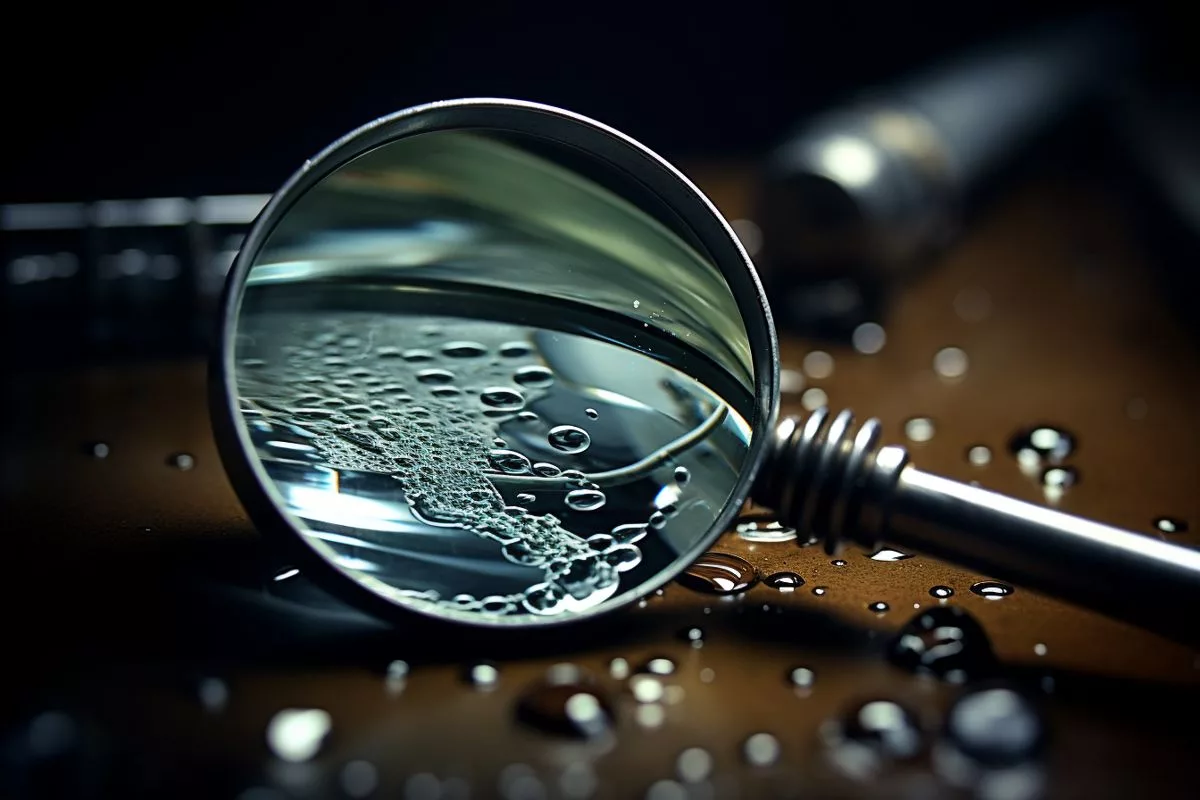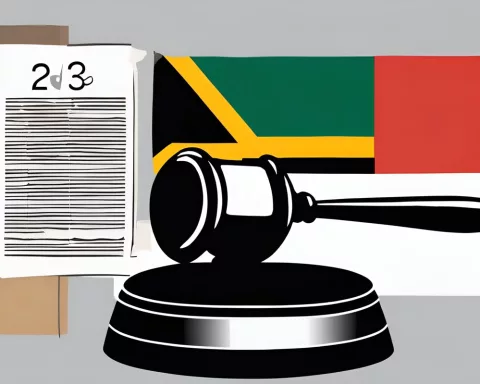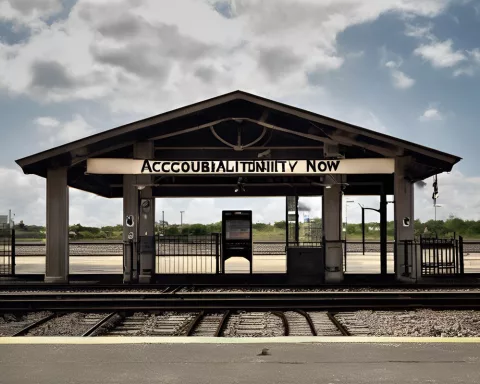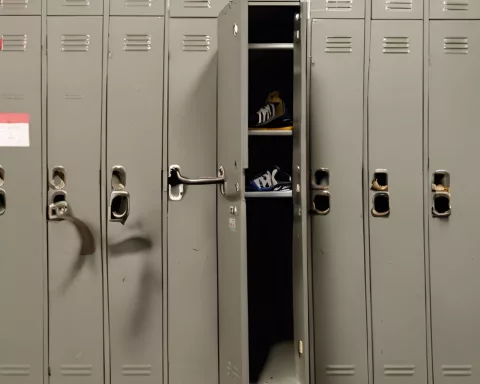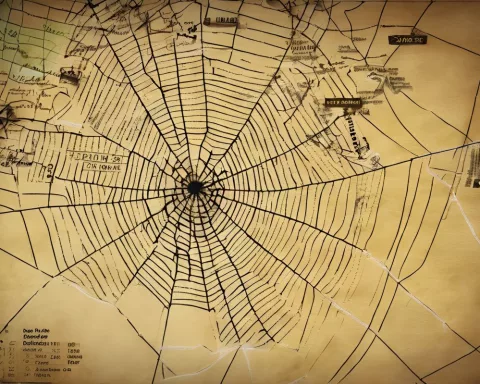The Special Investigating Unit (SIU) is cracking down on corruption in South Africa’s water sector, with investigations and legal action resulting in recovery of funds and compensation claims. The Department of Water and Sanitation is working closely with the SIU to prevent future fraud and corruption, leading to a decrease in irregular expenditure and amendments to the Water Services Act. The SIU’s efforts have exposed malpractices and encouraged transparency, resulting in concrete results such as the recovery of R997 million and a decrease in new irregular expenditure under the guidance of Minister Mchunu.
Clamping Down on Corruption in South Africa’s Water Sector: The SIU’s Investigations and Actions
The Special Investigating Unit (SIU) has been actively investigating cases of corruption and mismanagement in South Africa’s water sector, leading to legal action, compensation claims, and recovery of funds. The SIU’s efforts have resulted in a strict policy against corruption within the Department of Water and Sanitation (DWS), and the two entities are working together to prevent future fraud and corruption. Under the guidance of Minister Mchunu, the Department has seen a decrease in new irregular expenditure and is working on amending the Water Services Act to enhance its supervision over utilities.
Investigation into Water Project Mismanagement
The South African Department of Water and Sanitation (DWS) is making strides towards rectifying the historical mismanagement of numerous water projects. The Special Investigating Unit (SIU), tasked with upholding the honesty of the government and public sector, has been actively probing several cases linked to the DWS and its water boards.
One of the key probes has been centred on the [Giyani Water Project](https://capetown.today/a-comprehensive-overview-of-the-giyani-water-project-its-challenges-progress-and-transparency/), overseen by the Lepelle Northern Water Board (LNW), as well as the Covid-19 water contracts overseen by the Amatola Water Board (AWB) in Eastern Cape. These probes have significantly enlightened us on the extent of wrongdoing that has resulted in a loss of billions of rands in the water sector.
In 2014, the LNW granted a contract to LTE Consulting for the Giyani Water Project. The SIU discovered that this awarding was irregular. The procedure was flawed and went against the law, with the contract’s value increased from R90 million, to R2.2 billion, and finally to R4.1 billion.
Unveiling Corrupt Relationships and Initiating Legal Actions
The SIU identified a tainted relationship between LNW, the service provider, and the department, which led to inflated prices. In response to its findings, the SIU has taken decisive steps to remedy the situation, including launching legal action to declare the contract unconstitutional and invalid, and to have it annulled. Moreover, a compensation claim of R1.9 billion against former LNW employees has been filed in the Special Tribunal.
Similarly, the SIU’s probe into the AWB’s handling of Covid-19 relief funds exposed procurement irregularities and inflated prices. These findings prompted civil court proceedings, criminal referrals, and the termination of employment for the implicated AWB employees.
Another SIU-led probe focused on the 2012 Vuwani pipeline project under DWS, which led to disciplinary referrals due to procurement irregularities. An employee within the Department associated with these violations was dismissed on other procurement-related charges.
Broadening Investigation Scope and Encouraging Transparency
The SIU has also broadened its scope to include investigations into certain IT contracts between DWS and companies SAP and EOH, uncovering irregularities leading to the dismissal of the Deputy Director General implicated in the misconduct. Consequently, the SIU negotiated successfully with SAP and EOH for a combined repayment of R605 million to the Department.
The courageous efforts of the SIU in exposing these malpractices have played a crucial role in combating corruption within the DWS. These revelations have resulted in a strict policy against corruption or financial misconduct within the department and its entities.
To further enforce this policy, the DWS is working closely with the SIU, sharing crucial documents and information to assist in the investigations. The two entities are also working together to prevent future fraud and corruption, holding joint awareness sessions to inspire officials to actively fight against corruption.
Concrete Results and Future Endeavors
In the period from 2019/20 to 2022/23, a total of 265 fraud and corruption cases were investigated by the Department, with 197 allegations proven to be true. These cases have led to the recovery of R997 million through civil recovery procedures and a further judgement of R27.5 million in the Department’s favour.
Under the guidance of Minister Mchunu, who took office in August 2021, the Department has seen a substantial decrease in new irregular expenditure. Emphasis has been placed on good governance and the appointment of capable board members to the Water Boards.
Furthermore, the Department is working on amending the Water Services Act to enhance its supervision over these utilities and to ensure their governance complies with the relevant regulatory frameworks. The Department has also developed enhanced Standard Operating Procedures for issuing directives to the water boards to further streamline operations.
The ongoing battle against corruption and fraud in the water and sanitation sector is a testament to the unwavering commitment of the DWS and SIU to ensure transparency and integrity in public operations. The investigations and subsequent actions taken are pivotal in rebuilding public trust and guaranteeing the fair and efficient management of South Africa’s water resources.
1. What is the Special Investigating Unit (SIU) doing in South Africa’s water sector?
The SIU is cracking down on corruption in South Africa’s water sector through investigations and legal action resulting in recovery of funds and compensation claims.
2. What is the Department of Water and Sanitation’s role in preventing fraud and corruption?
The Department of Water and Sanitation is working closely with the SIU to prevent future fraud and corruption, leading to a decrease in irregular expenditure and amendments to the Water Services Act to enhance its supervision over utilities.
3. What water project mismanagement is being investigated by the SIU?
The SIU is investigating the Giyani Water Project overseen by Lepelle Northern Water Board (LNW) and Covid-19 water contracts overseen by Amatola Water Board (AWB) in Eastern Cape.
4. What actions has the SIU taken to remedy the situation in the Giyani Water Project?
The SIU has launched legal action to declare the contract unconstitutional and invalid, and to have it annulled. Moreover, a compensation claim of R1.9 billion against former LNW employees has been filed in the Special Tribunal.
5. What concrete results have been achieved in fighting corruption in the water sector?
From 2019/20 to 2022/23, a total of 265 fraud and corruption cases were investigated by the Department, with 197 allegations proven to be true. These cases have led to the recovery of R997 million through civil recovery procedures and a further judgement of R27.5 million in the Department’s favour.
6. What future plans does the Department have to enhance its supervision over utilities?
The Department is working on amending the Water Services Act to ensure its supervision over utilities complies with the relevant regulatory frameworks. It has also developed enhanced Standard Operating Procedures for issuing directives to the water boards to further streamline operations.

